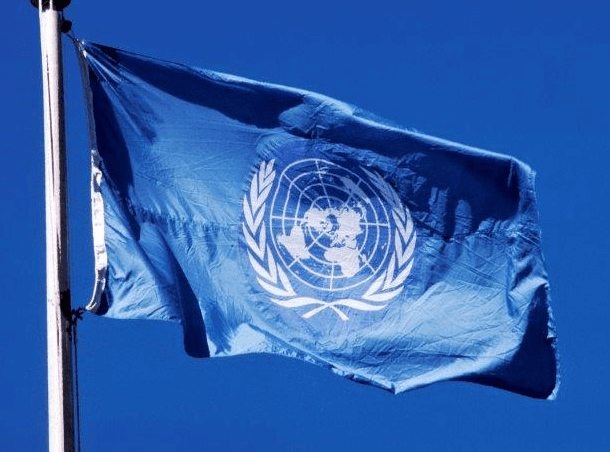Source: https://www.fbcnews.com.fj/news/heal...-hiv-outbreak/
Fiji declares HIV outbreak
Praneeta Prakash Multimedia Journalist praneeta.prakash@fbc.com.fj
January 22, 2025 2:36 pm
Health Minister Dr Atonio Lalabalavu has declared an outbreak of HIV cases in the country.
He says between January and September 2024 Fiji recorded 1093 cases.
He revealed the figures during the launch of Fiji National HIV Surge Strategy 2024-2027.
Dr Lalabalavu says the Central Division recorded 766 cases, 292 cases were from the Western Division, 33 cases in the Northern Division, and the Eastern Division recorded two cases...
Fiji declares HIV outbreak
Praneeta Prakash Multimedia Journalist praneeta.prakash@fbc.com.fj
January 22, 2025 2:36 pm
Health Minister Dr Atonio Lalabalavu has declared an outbreak of HIV cases in the country.
He says between January and September 2024 Fiji recorded 1093 cases.
He revealed the figures during the launch of Fiji National HIV Surge Strategy 2024-2027.
Dr Lalabalavu says the Central Division recorded 766 cases, 292 cases were from the Western Division, 33 cases in the Northern Division, and the Eastern Division recorded two cases...

Comment